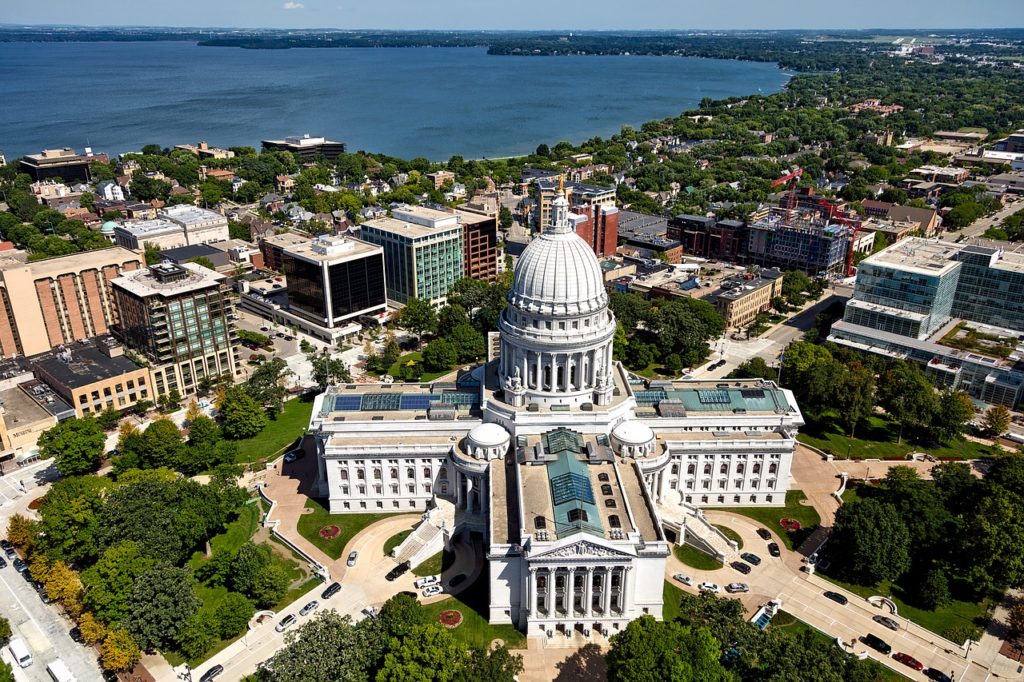

Every year, there is a frenetic level of state legislative activity, and most of it occurs between January and June. This is because a vast majority of state legislatures are part time in nature. Amazingly, despite the relatively short time that they are in session, our nation’s state legislators introduce over 150,000 bills annually, and many of the bills under consideration have a direct impact on landscape professionals. That is why we need NALP members and other industry stakeholders help in our advocacy efforts at the state level. For more information on how you can help provide a voice for your professional interests, contact Paul Mendelsohn.
Here is a snapshot of just three issues that are scheduled for formal action by state legislators this week:
Maryland Pollinator Habitat Plans/Neonic Ban
- Maryland’s Senate Education, Health, and Environmental Affairs Committee will hold a hearing on, SB 386. The bill calls for the Maryland Department of Natural Resources, Maryland Environmental Service and the State Highway Administration to establish pesticide-restricting “pollinator habitat plans” in consultation with the Department of Agriculture and their managed pollinator protection plan (MP3). State MP3 plans are voluntary plans developed in an effort to foster communication and pollinator stewardship among farmers/growers and managed pollinator services. This plan would essentially codify into law Maryland pollinator plans that would prohibit the use of neonicotinoid pesticides, pesticides labeled as toxic to pollinators, and seeds or plants treated with a neonicotinoid pesticide.
New Hampshire Pesticide Ban
- HB 399 is scheduled for a hearing before the New Hampshire House Environment and Agriculture Committee. This bill would prohibit pesticide use and establish ambiguous notification requirements for places where children learn and play.
Portland Pesticide Ban Still Under Consideration
In Maine last week, the Portland Pesticide Task Force met to consider a draft pesticide ban ordinance. The group did not take a vote, but is expected to do so when they meet once again next week. They are charged with developing recommendations for the Portland City Council, largely based on an ordinance passed last year in the neighboring community of South Portland. Based on comments made during their last meeting, it appears that the Task Force is poised to recommend an ordinance that would ban pesticide use on both public and private property.
NALP has been working with RISE and other stakeholders seeking a more common sense approach based on an integrated pest management (IPM) approach. However, activists have been highly engaged with the Task Force and also attend each of the hearings in significant numbers. By contrast, even though they are one of the groups targeted by the ordinance, very few local landscape professionals attend their hearings or offer industry perspective. Consequently, it is difficult to overcome the emotion and rhetoric offered by the anti-pesticide forces.
NALP will continue to engage with other industry representatives on the issue as we develop strategy related to next steps. But in order to effectively engage and influence on this issue, it is critical for locally impacted members to participate. If we are to have any chance for success, it is imperative for Portland landscape professionals to contact their city council persons, talk to their customers, attend the committee meetings, and get involved with advocacy in support of industry interests. NALP will continue to monitor this issue and keep members informed as opportunities to advocate against this onerous measure occur.

